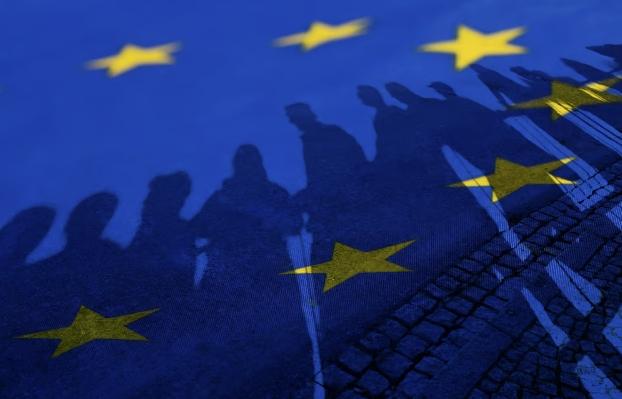Today marks the 30th anniversary of the European Union (EU). Born from the vision of the Maastricht Treaty in 1993, the EU has grown significantly, welcoming 16 new members and cultivating unparalleled cooperation among nations. The circle of stars on the EU flag symbolizes unity, solidarity, and harmony, ideals the organization aspires to. Yet, the EU continues to face challenges in upholding these values.
The Early Days: Hopes and Struggles
Back in 1993, when the EU was first established, it stood on the foundation of the earlier European Community. Then, similar to now, the union grappled with economic challenges, political influences from right-wing populists, and wars at its borders. Nevertheless, the EU’s transformative achievements over the past three decades are undeniable.
Projects and Realizations
The inception of the EU saw turbulence in its major initiatives. From economic challenges due to the Exchange Rate Mechanism crisis to an ineffective Common Foreign and Security Policy during the Yugoslav Wars, and complexities around justice and home affairs amidst rising refugee numbers. But as one European official remarked on the EU’s launch day, “We have urgent problems to tackle.”
Over time, these projects came to fruition. Today, 20 nations use the euro, promoting trade integration. The Common Foreign and Security Policy, while still facing criticisms, has evolved, as evident from the aid provided to Ukraine. Passport-free travel within the Schengen Area remains intact, benefiting over 400 million Europeans.
Enlargement: The EU’s Crowning Jewel
Arguably, the EU’s most remarkable success has been its enlargement. Countries like Poland have thrived economically since joining the EU. This allure of membership has been instrumental in fostering reforms across Central and Eastern Europe. Although the departure of the United Kingdom was a setback, 10 nations currently aspire for EU membership.
Challenges to Core Values
Despite these milestones, the EU has occasionally faltered in upholding the fundamental rights outlined in the Maastricht Treaty. From imposing stringent financial constraints during the euro crisis to the inadequate living conditions for refugees, the EU’s solidarity has been questioned. However, the rapid financial response during the COVID-19 pandemic and protection extended to Ukrainians post the 2022 invasion demonstrate the potential for a compassionate Europe.
Looking Ahead: Key Considerations
As the EU reflects on its 30-year journey, three pivotal concerns emerge. First, the EU must determine its stance on further expansion, especially as countries like Ukraine await membership decisions. Second, defending its foundational values is imperative, especially with right-wing influences challenging the rule of law in member states. Lastly, with the EU’s security still tied to the transatlantic alliance, the unpredictability of U.S. politics poses a potential threat.
On this milestone, the EU should aspire for resilience and fortitude for the challenges and opportunities the future holds.



